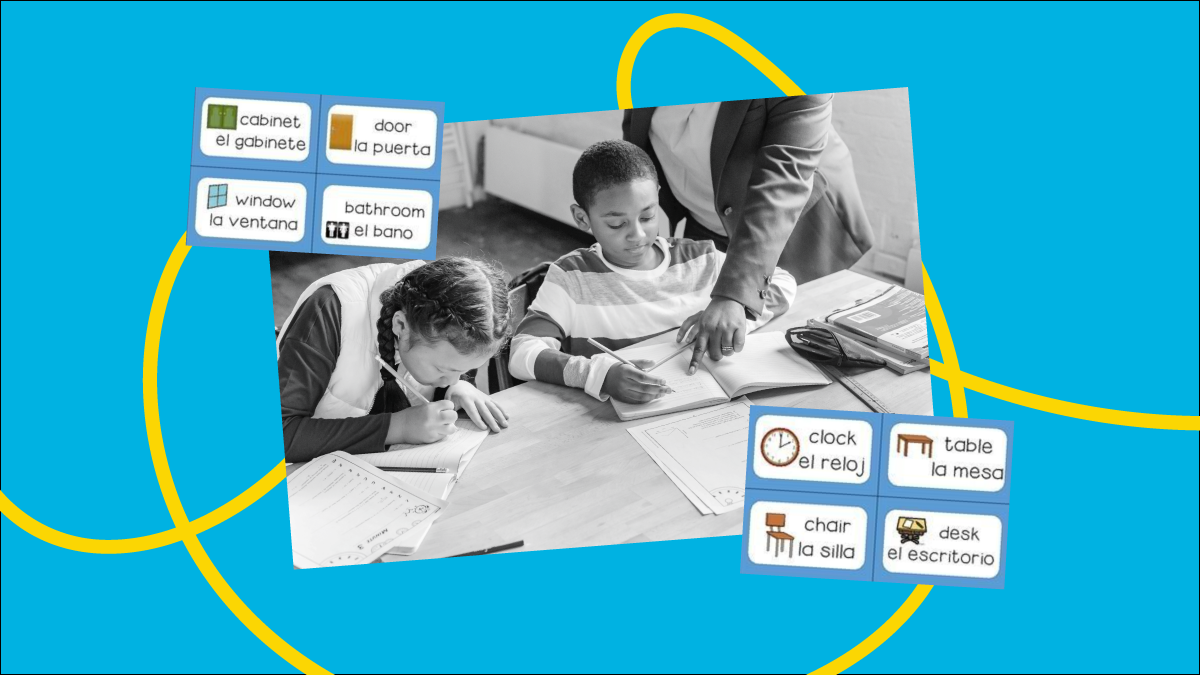Abortion rights, women of color, and LGBTQIA+ people are under attack. Pledge to join us in fighting for gender justice.
It’s Time to Recognize Women’s Emotional Labor

When my brother and I were younger, my mom stayed home to take care of us and occasionally looked after other children in our apartment building. My mom cared for those children like she cared for us, learning their favorite foods, what stories they liked, and the things that made them upset. For caregivers like my mom, taking care of children is not merely employment. Caregivers love the children they care for and come to know intimate details of the child and family’s life. This emotional labor is an expected, but often underlooked component of the job for many working in child care and the service industry at large.
The term emotional labor was first coined by sociologist Arlie Hochschild in her 1979 book, The Managed Heart. Recently, the term has been used to describe everything from listening to a friend vent to writing holiday cards. However, Hochschild defines emotional labor as invoking and suppressing feelings to fit the job for which you are paid. Emotional labor is central to jobs in the service industry, which are overwhelmingly held by women. In child care, an industry where nine in ten workers are women and five in ten workers are women of color, employees are expected to learn about the children they care for and love these children as if they are their own. Child care workers are also expected to be attuned to the emotional needs of parents and guardians and provide them with assurance that their children are safe and cared for. This unique relationship often blurs the line between employment and naturally-occurring relationships since many families see caregivers as members of their extended family. While many caregivers would likely describe this as one of the rewarding parts of their job, emotional labor can be just as taxing as physical labor, especially when caregivers are required to subordinate their own emotions to meet the needs of children and their families.
Within our society, emotional labor is often excluded from traditional definitions of labor. The patriarchy treats “women’s work” as an expectation rather than a service. Empathy and care are seen as inherent traits that women are required to possess rather than valuable employment skills. As a result, wages in industries where women are predominantly employed are far lower than in male-dominated industries. Across the United States, women make up nearly two-thirds of the workforce in the 40 lowest paying jobs. Additionally, child care workers’ incomes are twice as likely to be below the federal poverty line as other workers’ incomes, and the median wage for child care workers does not match the living wage needed for a single adult with one child in any U.S. state. In fact, only three states—Maine, Vermont, Washington—and the District of Columbia provide even half the living wage for a worker with one child.
My mom loves children and now works at a local after-school program, but when I call home I can sense that she feels both emotionally and physically exhausted after a day of tending to tears, wounds, and emotional needs. While data is scarce, some limited research on child care workers’ well-being shows that providers working with infants and toddlers are frequently stressed and 19% reported being depressed. Consequently, burnout and turnover within the child care industry is high since many workers cannot afford, either financially or emotionally, to work under stressful conditions with little pay or appreciation. The Covid-19 pandemic exacerbated stressors for child care providers, which introduced new demands alongside lost revenues and uncertainty. As one child care provider describes it, “there was no stability.” Many child care workers reported being fearful about the virus, whether their centers would be required to shut down, and if they could afford to pay their employees as enrollment decreased. Simultaneously, these caregivers had to respond to the pandemic’s toll on children and families’ mental health.
The emotional labor performed by child care workers is central to our society. Child care workers provide children with emotional, educational, and developmental support in their most formative years, enabling parents to work knowing that their children are in safe, nurturing environments. Yet, many child care workers are unable to support their own families and their essential work is often invisible. The expectation that women in the care industry—who are disproportionately Black and Latina—will provide emotional, quality care based on their maternal instinct to care and love for children perpetuates gender and racial inequality. It is beyond time that we recognize the value of women’s emotional labor and significantly increase investments in child care so families can afford child care and child care workers receive fair compensation.



